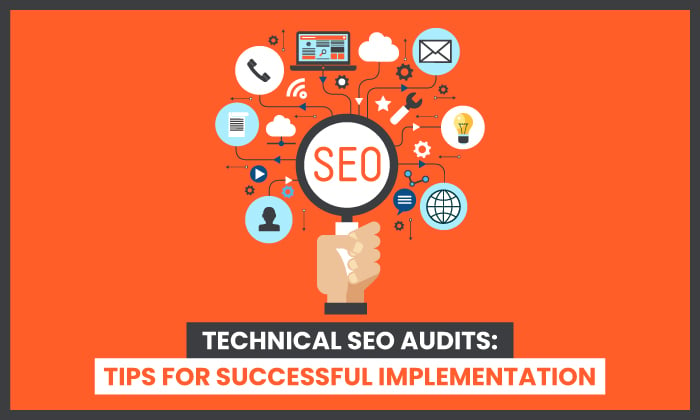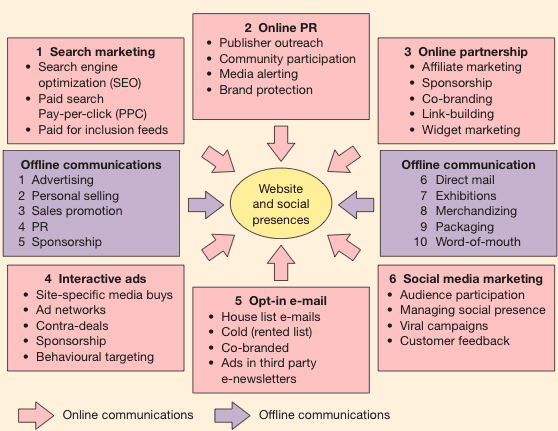
Unveiling Success: Mastering Technical SEO Implementation Strategies
Embarking on a journey to optimize your website for search engines requires a comprehensive understanding of technical SEO implementation. In this article, we will explore key strategies that form the backbone of technical SEO, ensuring your website is finely tuned for success.
Crawling and Indexing: The Foundation of Technical SEO
At the core of technical SEO lies the optimization of crawling and indexing processes. Search engine bots regularly crawl websites to discover and index new content. Ensure that your website’s structure is easily navigable, and use tools like XML sitemaps and robots.txt to guide bots effectively. A well-organized site enhances the efficiency of crawling and indexing.
Optimizing Website Speed for Better Performance
Website speed is a critical factor influencing user experience and search engine rankings. Implement strategies to optimize loading times, such as compressing images, leveraging browser caching, and minimizing server response times. A faster website not only improves user satisfaction but also signals to search engines that your site is well-optimized.
Mobile-Friendly Design: A Non-Negotiable Element
With the prevalence of mobile devices, a mobile-friendly design is no longer optional—it’s a necessity. Ensure that your website is responsive and provides a seamless user experience across various screen sizes. Google prioritizes mobile-friendly sites in search results, making mobile optimization integral to technical SEO success.
Structured Data Markup: Enhancing Search Result Rich Snippets
Implementing structured data markup, such as Schema.org, enhances how search engines interpret and display your content in search results. This markup provides additional context about your content, leading to more informative and visually appealing rich snippets. Rich snippets can increase click-through rates, positively impacting your website’s visibility.
Technical SEO Audits: Identifying and Resolving Issues
Regular technical SEO audits are crucial for maintaining a healthy website. Conduct audits to identify and address issues like broken links, duplicate content, and crawl errors. Tools like Google Search Console and third-party audit tools can assist in uncovering and resolving potential problems, contributing to a well-optimized site.
Optimizing URL Structure for User-Friendly Navigation
A clean and logical URL structure not only aids search engines in understanding your content but also enhances user experience. Create URLs that are descriptive, concise, and easy to read. This not only benefits SEO but also makes navigation more intuitive for visitors, contributing to a positive user experience.
Securing Your Website with HTTPS
Security is a priority for both users and search engines. Implementing HTTPS (Hypertext Transfer Protocol Secure) encrypts data transmitted between a user’s browser and your website. Google considers HTTPS as a ranking signal, and having a secure website builds trust with visitors while positively impacting search engine rankings.
Content Quality and Relevance: A Technical SEO Imperative
While content quality is often associated with on-page SEO, it is also a crucial element of technical SEO. Search engines assess the relevance and quality of your content to determine its value to users. Regularly update and optimize your content to align with user intent and industry trends, contributing to improved search rankings.
Backlink Analysis: Monitoring and Building Authority
Backlinks play a vital role in establishing your website’s authority. Regularly analyze your backlink profile to ensure the quality and relevance of incoming links. Disavow toxic links that may harm your reputation, and actively seek opportunities for building high-quality backlinks from reputable sources within your industry.
Continuous Monitoring and Adaptation: The Key to Long-Term Success
The digital landscape is dynamic, and technical SEO is an ongoing process. Continuously monitor the performance of your website using analytics tools. Stay informed about industry trends, algorithm updates, and user behaviors. Adapt your technical SEO strategies to maintain optimal performance in the ever-evolving online environment.
For further insights into mastering technical SEO implementation, visit Technical SEO Implementation.




